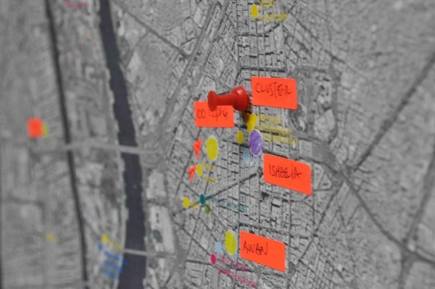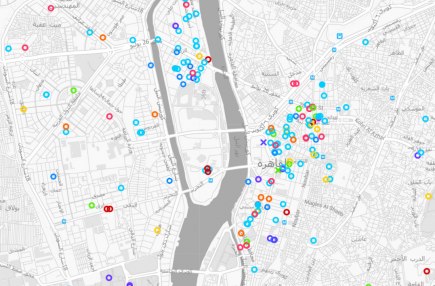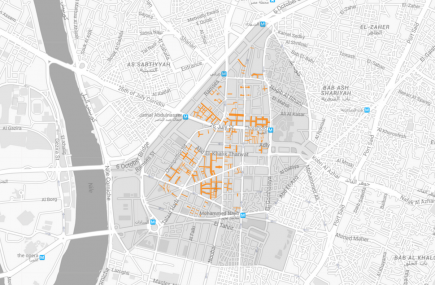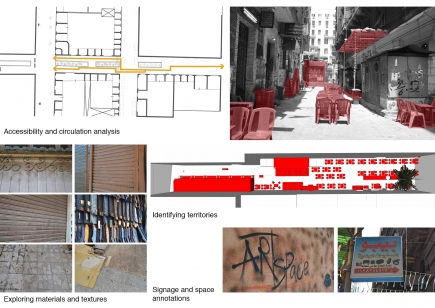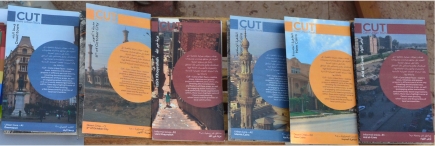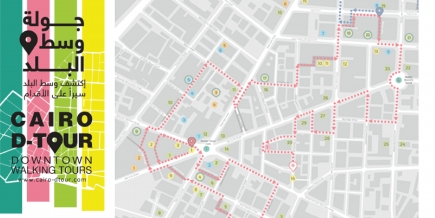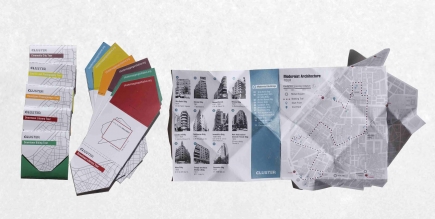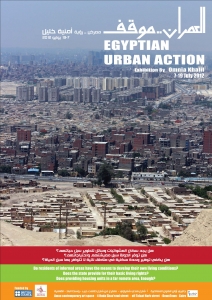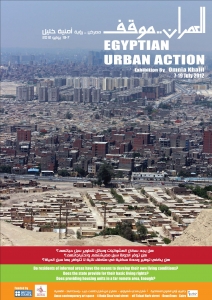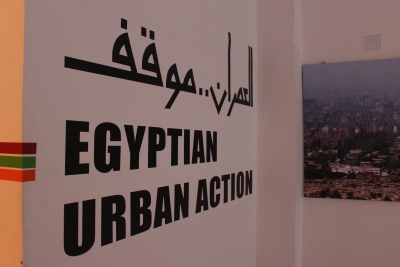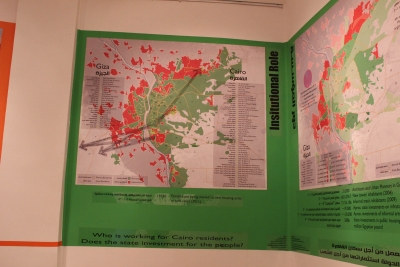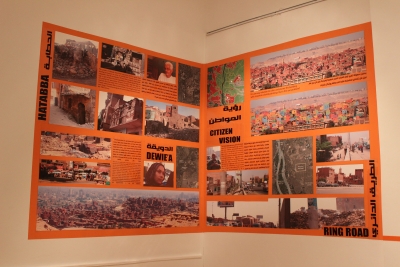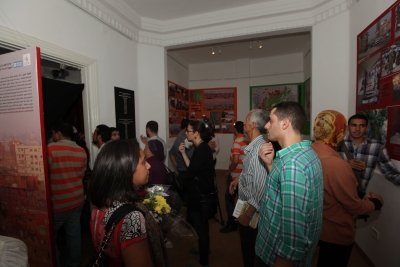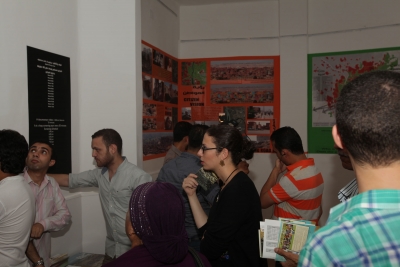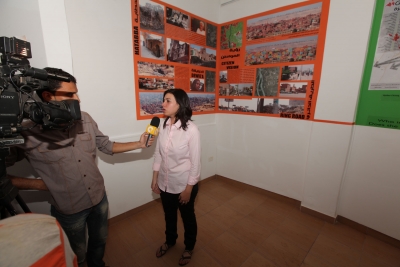| Type: | |
| Areas of Focus: | |
| Activities: | |
| Resources: | |
| Address: | Online venue |
| Date of Establishment: | 2012 |
| Website: | http://egyptianurbanaction.blogspot.com/ http://www.youtube.com/watch?v=F2i8HVnKtls http://prezi.com/-ybro5thv3xk/egyptian-urban-action |
| Email: | omnia.khalil@gmail.com |
| Phone: | 01001252473 |
Egyptian Urban Action
The state's lack of responsibility towards the citizens’ needs of job opportunities and appropriate housing and services became quite obvious, which resulted negative urban changes in numerous districts in Cairo regardless of its economic level. Hence our urban action is being to support the people, especially the neglected ones who suffer of urban deterioration, which some people labeled "Informal areas", regardless the fact that through their collaborative efforts they provided their own housing units within their abilities. Egyptian Urban Action Initiative raises the question of the possibility of enabling inhabitants of such areas to continue improving and developing their living conditions. This urban action coincides with the inhabitants needs against the strategies and plans of the isolated institutions of the state.
The initiative proposes a new definition ... Instead of informal areas, it is urban deterioration ... Force evacuation under claims such as public benefit or safety issues and relocating them in inhumane locations is not the solution. The initiative adopts the concept of developing such deteriorated areas collaboratively between the state institutions and the people.
Our responsibility as Architects and Urban planners is not transforming or changing the economic status, we do not dream of a Parisian Cairo or another version of New York, But as citizens in this society we are governed by our humanity principals to seek an appropriate and improved life for the neglected sector, and also help to expose the hidden potentials and positive actions within those communities, and according to the aim of seeking better society our initiative Egyptian Urban Action tackles such stereotypes as "Eliminating informal areas", "the uprising of the hungry ones" and "Thugs”... and the states’ attempts to convince the rest of the population of dangers from " the informal area residents”, the questions remain …
Do residents of informal areas have the means to develop their own living conditions?
Does the state provide for their basic living rights?
Does providing housing units in a far remote area, Enough?
